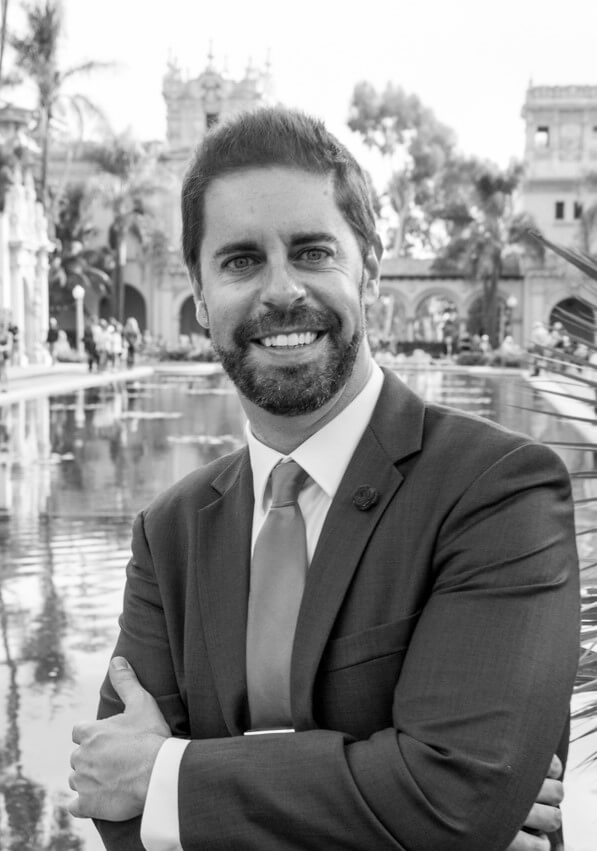San Diego’s recent torrential rains have left more than just puddles in their wake. As a tenant in this vibrant city, you might be facing a hidden, creeping menace in your home: toxic mold. Mold growth, exacerbated by flooding, poses significant health risks and living environment concerns. But fear not; you’re not alone in this damp ordeal. Understanding your rights and the steps you can take is crucial, and remember, legal help is just a call away.
The Unseen Hazard: Mold in the Aftermath of Flooding
Post-flooding, mold can swiftly become a tenant’s nightmare. Mold thrives in moisture-rich environments – precisely what the recent San Diego rains have provided. Often hidden within walls or under carpets, mold can proliferate undetected until it becomes a health hazard. Symptoms like respiratory issues, allergic reactions, and other serious health complications are common in mold-infested environments. As a tenant, recognizing these signs is the first step in addressing the problem.
Tenant Rights in the Face of Mold Invasion
In San Diego, tenants have rights, especially when it comes to inhabitable living conditions like those caused by mold growth. Under California law, landlords are required to provide safe and habitable housing (Cal. Civ. Code § 1941.1). This includes maintaining structures that effectively keep out water and ensuring proper ventilation to deter mold growth.
If you’re facing a mold issue due to recent flooding, it’s important to know that you’re not powerless. You have the right to request repairs and remediation from your landlord. Documentation is key – ensure you have a record of all communications and the state of the mold infestation.
Navigating Landlord Responsibilities
Landlords in San Diego have a duty to address mold issues, especially when they pose a threat to tenant health and safety. If flooding has led to mold in your rental property, your landlord is generally responsible for the cleanup and repair costs. This responsibility is part of their obligation to provide habitable living conditions.
However, it’s not uncommon for landlords to be slow to act or even neglectful in addressing these concerns. That’s where understanding your legal recourse becomes essential.
Empowering Yourself: Don’t Hesitate to Seek Legal Help
When facing an unresponsive landlord or if you’re unsure about your next steps, consulting with a personal injury attorney specializing in toxic mold cases is a wise move. An experienced lawyer can help you navigate the complexities of tenant rights and landlord responsibilities. They can assist in ensuring that your living conditions are restored to a safe state and that your rights are fully protected.
Standing Up for Your Health and Safety
Taking legal action might seem daunting, but remember, your health and well-being are paramount. By standing up for your rights, you’re not only protecting yourself but also setting a precedent for other tenants who might be in similar situations. San Diego’s recent floods shouldn’t leave you submerged in mold-related problems. It’s time to clear the air and assert your rights.
Conclusion: A Call to Action
If you’re a tenant in San Diego grappling with mold issues post-flooding, know that the law is on your side. You deserve to live in a safe, healthy environment, and there are legal pathways available to ensure that your rights are upheld. Don’t let mold take over your home and health. Be proactive, document everything, and most importantly, don’t be afraid to reach out to a skilled personal injury attorney. Remember, in the battle against mold, you are not alone.
Call the San Diego Mold Lawyers at Thompson Injury Law TODAY. We will guide you through the legal process and get you the justice you deserve.


